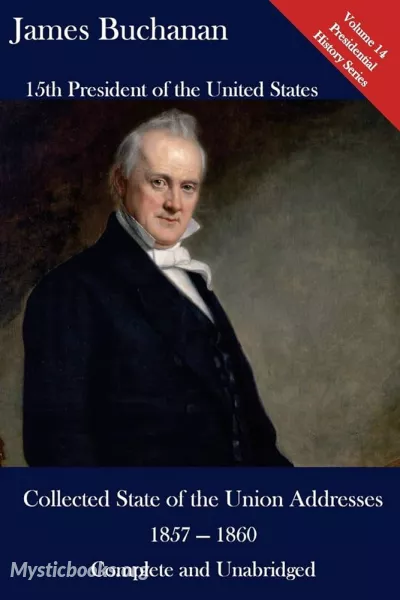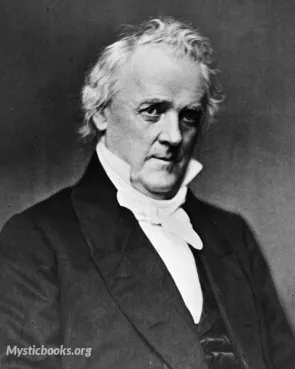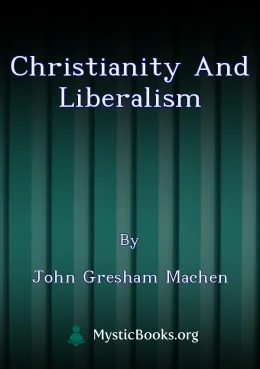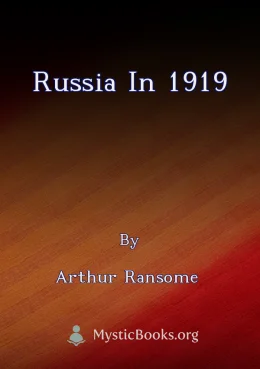
State of the Union Addresses by United States Presidents (1857 - 1860)
'State of the Union Addresses by United States Presidents (1857 - 1860)' Summary
In the heart of America's tumultuous history, James Buchanan's presidency stands as a pivotal era, marked by escalating tensions that ultimately led to the Civil War. His State of the Union addresses, delivered between 1857 and 1860, offer a unique glimpse into the mind of a president grappling with a nation on the brink of division.
Buchanan, a staunch supporter of states' rights and a firm believer in the Constitution, navigated the treacherous waters of a nation deeply divided over the issue of slavery. His addresses reflected his political stance, his vision for the country, and the challenges he faced in leading a nation teetering on the precipice of civil conflict.
In his first State of the Union address, Buchanan outlined his policies on slavery, emphasizing his belief that the issue should be left to the individual states to decide. He argued that attempts to abolish slavery through federal legislation would lead to violence and disunion, a sentiment that resonated with many in the South.
As tensions escalated, Buchanan's subsequent addresses reflected the growing divide between the North and the South. He appealed for compromise and conciliation, urging both sides to respect the Constitution and the rights of individual states. However, his efforts to appease both factions proved futile as the issue of slavery proved too divisive to bridge.
In his final State of the Union address, delivered in 1860, Buchanan acknowledged the nation's deepening crisis and expressed his fears for the future. He warned of the dangers of secession and called for national unity, but his words fell on deaf ears as the nation plunged into the abyss of civil war.
James Buchanan's State of the Union addresses provide a valuable historical resource, offering insights into the political landscape of the time and the factors that led to the Civil War. His speeches, while reflecting his own political views and beliefs, serve as a testament to the deep divisions that plagued the nation and the challenges faced by a president tasked with leading a country on the brink of destruction.
Through these addresses, readers can gain a deeper understanding of the tumultuous era in which Buchanan served, the complexities of the slavery issue, and the political maneuvering that shaped the course of American history. His words, while controversial then and now, provide a firsthand account of a president's thoughts and actions during a time of national crisis, offering a window into the past and a reminder of the enduring power of division and unity in shaping a nation's destiny.
Book Details
Language
EnglishOriginal Language
EnglishPublished In
1857-1860Genre/Category
Tags/Keywords
Authors

James Buchanan
United States
James Buchanan, the 15th president of the United States, stands as a figure shrouded in both political acumen and historical controversy. His presidency, marked by the escalating tensions that led to...
Books by James BuchananDownload eBooks
Listen/Download Audiobook
- Select Speed
Related books

The Facts of Reconstruction by John R. Lynch
First-hand perspective on the years right after the Civil War, when blacks were not yet denied so many of their rights. They were in Congress! A part...

Final Report of the Senate Select Committee on Presidential Campaign Activities (Watergate Report), Volume 2 by Senate Select Committee on Presidential Campaign Activities
The Watergate scandal was one of the biggest political scandals in American history, and the Final Report of the Senate Select Committee on Presidenti...

Christianity and Liberalism by John Gresham Machen
This book explores the conflict between Christianity and modern liberalism, arguing that liberalism is not merely a different interpretation of Christ...

Sämtliche Schriften 1911-1921, Teil 6 by Carl von Ossietzky
This volume, part of a larger collection of Carl von Ossietzky's writings, focuses on his work from 1911 to 1921. It contains articles, essays, and cr...

Staatsvertrag betreffend die Wiederherstellung eines unabhängigen und demokratischen Österreich by Anonymous
Der Staatsvertrag betreffend die Wiederherstellung eines unabhängigen und demokratischen Österreich ist ein historisches Dokument, das die Beendigung...

Ιστορίαι (Histories) Βιβλίοv 1 (Book 1) by Thucydides
Thucydides' Histories is a seminal work of historical scholarship that chronicles the first 20 years of the Peloponnesian War, a devastating conflict...

Russia in 1919 by Arthur Ransome
Arthur Ransome's 'Russia in 1919' is a firsthand account of the Russian Revolution and its immediate aftermath. Drawing upon his observations during a...

Ιστορίαι (Histories) Βιβλίον 6 (Book 6) by Thucydides
Thucydides' Histories is a seminal work of historical scholarship and a cornerstone of Western literature. Written in the 5th century B.C., it chronic...

Escravos by Antônio Frederico de Castro Alves
A collection of poems that unveils the harrowing realities of slavery in 19th-century Brazil. Castro Alves, known as the 'Poet of Slaves,' fearlessly...

History of Florence and of the Affairs of Italy, Vol. 1 by Niccolò Machiavelli
History of Florence and of the Affairs of Italy is an historical account by Niccolò Machiavelli. Toward the end of 1520, the Cardinal Giulio of Medici...
Reviews for State of the Union Addresses by United States Presidents (1857 - 1860)
No reviews posted or approved, yet...